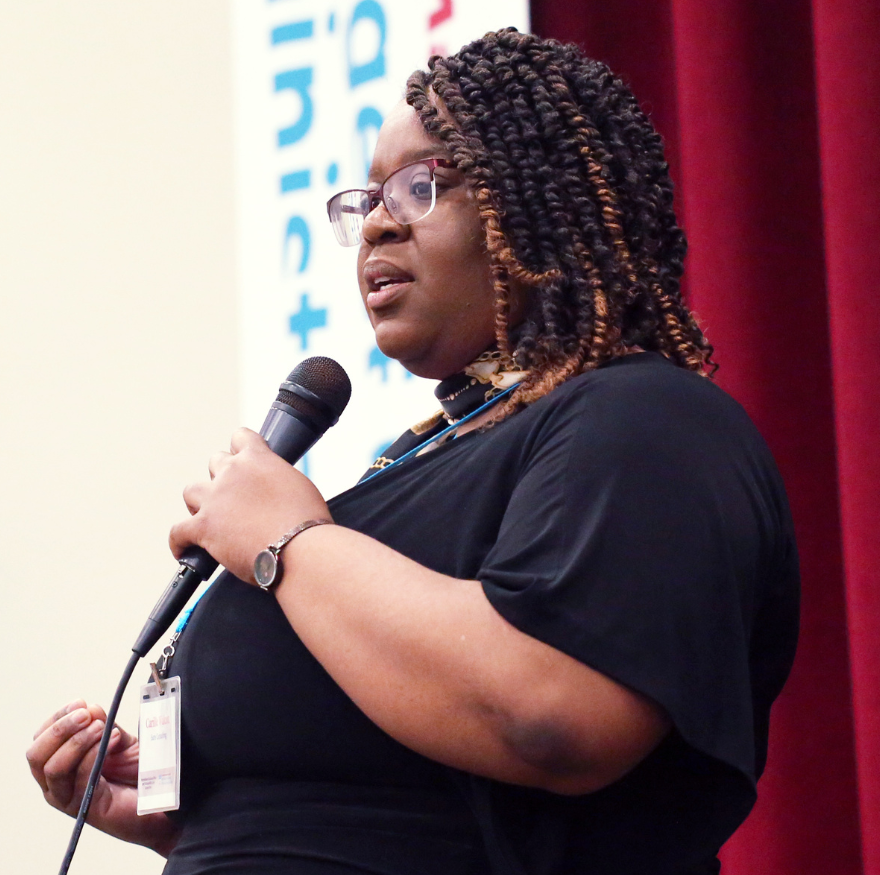
The International Business Ethics and Sustainability Case Competition (IBESCC) consists of three separate competitions: a 25-minute Presentation followed by Q&A and feedback, a 10-minute Presentation, and a 90-second Presentation.
Teams of 3-5 students compete in all three competitions, which require different skill sets. The aim is to help students explore the moral imperatives of sustainable development, so the topics must be business-related and have an ethical component related to at least one of the United Nations Sustainable Development Goals (SDGs).
This competition employs blind judging. On the website, participating schools will be listed separately from their topics and teams will be asked to choose a fictional company name to identify them to the judges.
-
Teams prepare a PowerPoint presentation in which students explain the legal, financial, and ethical dimensions of the problem. They then recommend a solution that must be viable on all counts. All members of the team must present.
Presentations should last roughly 25 minutes and will be judged by executives with experience in corporate ethics, compliance, corporate social responsibility, executive leadership, and sustainability. After the presentation, teams are questioned for an additional 20 to 25 minutes by the judges, followed by judge feedback on their performance.
- FINANCIAL ISSUES. Identify the financial impact of the problem and the financial implications of the solution. A detailed financial analysis is not necessary if there is an explanation of how (and to what extent) the problem raises or lowers the company's costs or profits; the costs of your solution; whether the company can afford your solution; etc.
- LEGAL ISSUES. Identify laws, regulations, or court cases that effectively restrict or regulate what the company may do. Significant fines or settlements may affect the financial analysis.
- ETHICAL ISSUES. Teams will be expected to utilize a secular, philosophical framework that discusses ethics in terms of the tangible good and/or harm experienced by those affected (human or otherwise). Because this is a business competition, DO NOT use technical, philosophical terminology or cite philosophers. The ethical analysis is geared towards business and should refer to the organization's mission statement, code of values/conduct, etc. as well as the SDGs impacted by these issues.
-
This presentation focuses solely on ethical issues and is given by two or three members of the team. Teams imagine that this presentation results in being called back after their full presentation to give a shorter presentation strictly about the ethical issues of their topic. They should incorporate feedback given by the judges on the previous day. There is no PowerPoint presentation or Q&A.
-
This presentation focuses solely on sustainability issues and is presented by one member of the team. The speaker should imagine that they are now an employee at the company and encounters an executive who asks why sustainable development is important and how it is linked to the team's topic. They are asked to give a 90-second "elevator speech" explaining why the issue needs to be addressed. There is no PowerPoint or Q&A, and the tone of the "pitch" should feel less formal than the other two presentations.
-
Teams choose their own topics. Topics should be business-related, have an ethical component, and be related related to one of the seventeen UN Sustainable Development Goals, their targets, and indicators. (See the SDG Resources page for more details). Ethics issues should be related to for-profit businesses, non-profit companies or public policy organizations.
Because the competition employs blind judging, teams are required to choose a name and "business identity" for themselves, i.e. an outside consulting company or internal committee that was asked to analyze a problem and present a solution to a business’s senior management/Board of Directors, a professional association, or public policy organization (not a legislative or regulatory body). Teams will specify their business name and audience when turning in their Executive Summary.
Teams must use the provided template on the Executive Summary page to prepare a one-page handout that will be given to judges prior to the presentation. Executive summaries should be submitted by the deadline posted on the registration page.
-
In order for a team to quality for an award:
- The team's name, topic, and executive summary must be submitted by the deadlines outlined on the Registration and Deadlines page.
- A team must be composed of 3-5 people and every member of the team must speak at some point during the full presentation.
- Team members should dress in appropriate business attire.
- Presentations should be loaded onto a laptop, which will be connected to a projector in the presentation room. Internet access will be available and teams may use web-based software, though we recommend having an off-line backup in case of an internet outage.
If you have questions about any aspect of this competition, please contact us at ibes@lmu.edu or call Chiray Koo at (310) 258-4640.